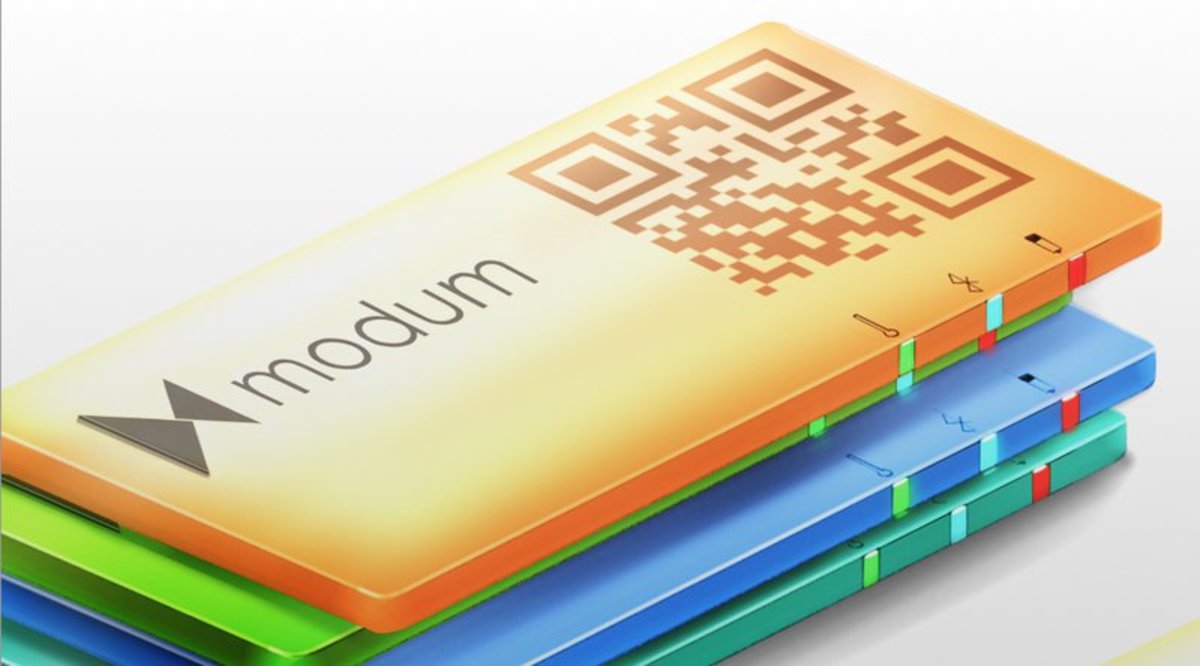
Swiss-based startup, Modum.io, has won $25,390 (CHF 25,000) after taking first place in the Future and Emerging Technologies vertical of the Kickstart Accelerator 2016, out of 850 startups from 40 countries. Founded by Marc Degen and Malik El Bay, Modum.io combines sensor devices and blockchain technology to make the pharmaceutical supply chain more efficient. Modum.io had already received $20,313 (CHF 20,000) in support from the Kickstart Accelerator for the development of its product.
Located 20 minutes from the crypto valley in Zug, the team at Modum.io are developing a blockchain technology-based temperature tracking system for medicinal products, in partnership with Prof. Dr. Burkhard Stiller, Dr. Thomas Bocek and the Communication Systems Group (CSG) of the University of Zurich.
A recent change under the EU regulation, Good Distribution Practice of Medicinal Products for Human Use (GDP 2013/C 343/01), means that companies are required to report any deviations — such as, in temperature — to the distributor and the recipient of the affected medicinal products; however, at present, the only way to comply is to employ refrigeration trucks that make up a significant part of cold chain distribution. These trucks can be four to eight times more expensive than normal logistic services, according to Malik El Bay, CEO of Modum.io, who spoke to Bitcoin Magazine.
“The catch is that 60 percent of all 200 million yearly shipments in the EU do not contain temperature sensitive products,” he said. “So right now we are wasting $3 billion for unnecessary cooling.”
As the only system that currently complies 100 percent with all EU guidelines concerning the distribution of medicinal products, the Modum.io system is providing a solution to substantially cut these delivery costs.
According to El Bay, there are three temperature categories that medicine needs to be stored at: cold, at -20°C; cool, at 2°-8°C; and ambient, at 15°-25°C. The team at Modum.io are focusing on the ambient products.
“Even though every product belongs to one of the aforementioned categories, it has specific so-called stability data,” he said. “This data states that it can stay for X hours in temperature range Y, [which is] usually 72 hours between 2°C and 40°C.”
Thus, instead of ordering a cold chain truck, medicinal shipments that do not require refrigeration are equipped with a Modum.io sensor, which monitors the temperatures of the products. Upon arrival at the destination, the data is transferred to the Ethereum blockchain — ensuring a tamper proof system with guaranteed data integrity — where a Solidity-based smart contract then compares the measurement data against various regulatory requirements.
Based on the information, the product is either released, or both the sender and the receiver of the shipment receive a notification that a deviation occurred. If an out-of-specification occurs, for example if the temperature drops below 15°C for four hours, this data is then used to automate the release of medicinal products. El Bay states that this provides a cost-effective way of measuring the environmental conditions of every parcel containing drugs.
Since the launch of Modum.io in April and the unveiling of its first pilot project in June, the team has received positive feedback from their pilot customers based in Switzerland. After improving their system and releasing a beta version, which has been live for a month, the team started an extended pilot processing 10 times more shipments than during the first pilot project. Their pilot customers have combined a shipping volume that exceeds 2.5 million yearly shipments.
“[The] fact is that until now there is no data concerning the shipment conditions at all,” said El Bay. “With the Modum.io system, our customers learn more about the quality of their logistics providers.”
This, however, is not the only project the team is working on. Modum.io is also looking at transactions further up the supply chain, where batches of active pharmaceutical ingredients are transported from CMOs to producers. According to El Bay, the challenges there include the transfer of ownership.
While these discussions have begun between various pharmaceutical companies and the Global Alliance for Vaccines and Immunization (Gavi) to find solutions to fight counterfeiting and fraud, the company’s focus right now is bringing the Modum.io system to the market by July 2017, with a limited number of customers being able to track their shipments.
Regarding the award, El Bay said that they were very honored to win it.
“It is an acknowledgement for all the hard work we put into this company, as well as a confirmation of our strategy to enter the pharmaceutical supply chain with a cost cutting case,” he said.










